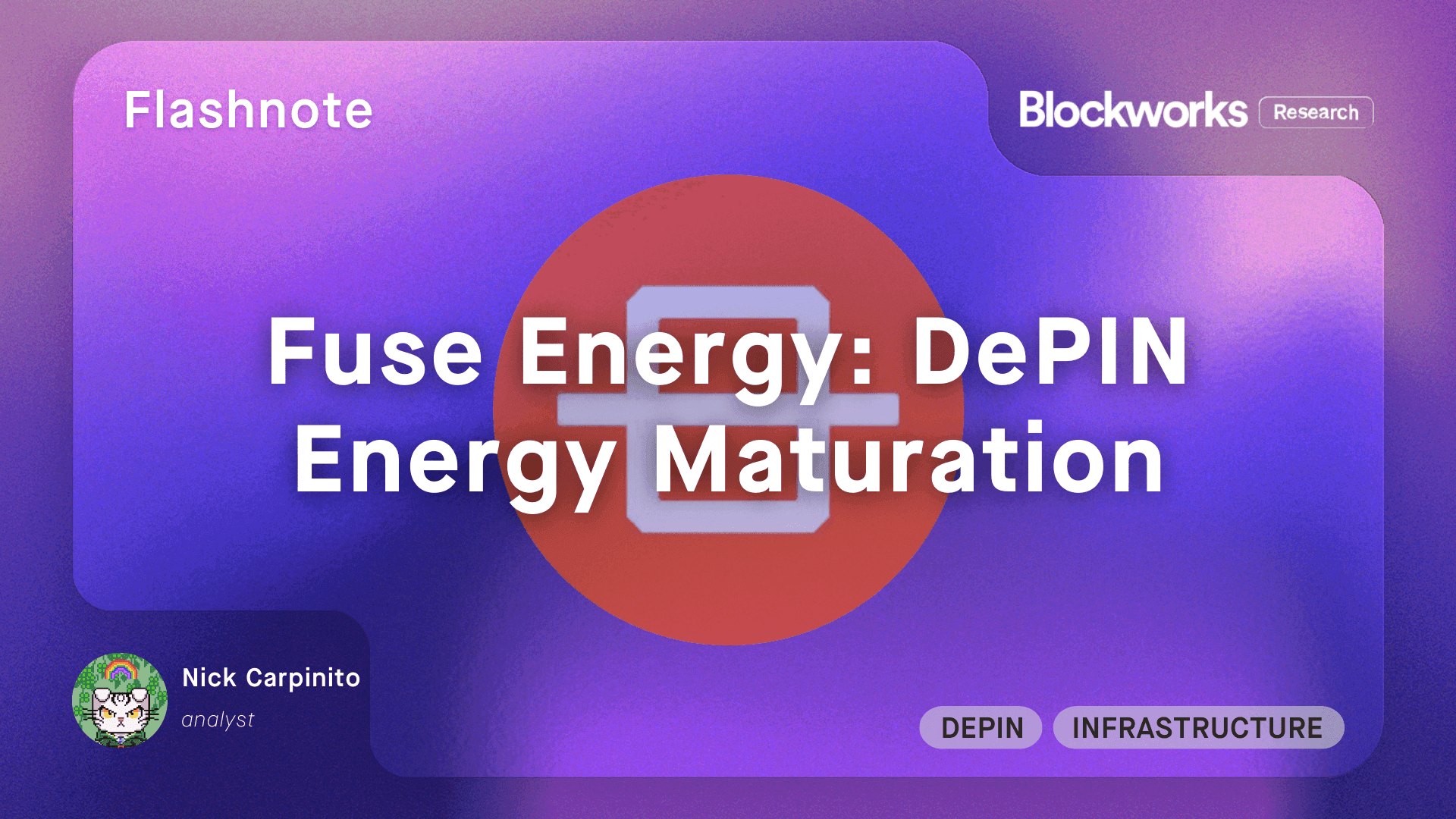If you think Web3 is all about money, you’re wrong
We all need money to live, but building, improving and maintaining public goods at the same time is a win-win for the world

Midjourney modified by Blockworks
For the past two years, I’ve pondered why the entry point into Web3 is the price action.
For us already in the ecosystem, we have a mission: Do a better job at communicating the highly valuable and impactful touchpoints within the world of Web3.
But I dare to claim that at least initially, 99.9% of people get into crypto for the financial returns — and that’s okay. Because price was also what got me into crypto in the beginning. Once I had some savings in my 30’s, I reached out to my local bank to learn how to participate in the stock market. All I got was pushback. I was required to have a certain net worth (not happening) and a certain profile to access the financial instruments available. The only thing I learned at the time was that I wasn’t invited to the party.
Thankfully, this dead end was a re-route to cryptocurrencies.
I bought my first bit of bitcoin and ether on Dec. 31, 2020. The experience was mind blowing. Seduced by moonshots, I traded blindly for months, only to rack up more losses than wins. But following the price of something this closely (and obsessively) was new to me, and I soon realized that it was highly stressful and — most importantly — began to feel empty.
I couldn’t accept that this was all there was to crypto. There had to be something more to this new technology.
Like for many, 2020 was an inflection point for me. It’s during this time that I learned about decentralization and absolutely fell in love with its ethos. I understood it deeply and have been advocating for it ever since.
We all need money to live, but learning how to generate income while at the same time building, improving and maintaining public goods is a win-win for the world and for humanity. It’s a new culture. As Paul Dylan-Ennis writes, the value of money is determined by the beliefs of the culture. We create culture, thus we create the value of money.
Public goods are cool, necessary and building them is profitable
As Gitcoin’s founder Kevin Owocki says, public goods are good — good for you, good for the world. Adding to this, if public goods create impact, they can be profitable. So yes, it is possible to earn a living by contributing to and building public goods.
Participating in a local charity through blockchain donations or earning your first crypto by doing things that matter to you are now tangible ways to understand and utilize the potential of Web3. They can be applied in our daily lives, breaking the stereotype that blockchain is only about financial gains.
Some examples of public goods in the Ethereum ecosystem are: building open-source software, creating documentation to share the knowledge, leading educational communities (digital and IRL) and advancing climate solutions using blockchain technology. These activities are part of what might be called the “‘new community-initiated careers of the future.”
Gitcoin and the Optimism Collective are community-led initiatives that are pushing the “good side” of crypto by supporting builders of public goods through retroactive funding. Students and beginners can now also get onboarded to Web3 by exploring practical applications that go beyond speculation.
If you think about it, it’s the sum of actions that counts. Building is methodical, a journey of baby steps taken with thoughtful iteration. It’s happening one building block after another, and will continue to do so until we have the foundations for a future system where we can all take part, and not be excluded or isolated by it.
The best technology in the world
Are you aware of what’s being built for the good side of crypto?
I am; I see it every day.
Thousands of decentralized communities are BUIDLing today for the generations of tomorrow. We’re still not so many, but believe me, we’re everywhere.
The narrative around crypto is still mainly negative, I get it. Most of my close friends and family just don’t want to hear about it. Despite my efforts to convert them, I am more successful at inducing eye rolls.
But there’s a distinct group of inherently inquisitive humans that I encounter consistently who pay attention, care and ask questions. Our younger ones, students.
Just as most grandmas don’t get iThings, I don’t think we’ll massively be able to change the narrative around Web3 and crypto in our generation.
What we can do instead is set the proper foundations for the next. Building for the future is a great act of kindness.
Education as we know it is boring: theory, exams and grades. Web3 hits different. Here you learn by creating, experimenting and collaborating — every single day. You’re not just a student; you’re a BUIDLer, a creator. A doer from the very first moment.
Let’s shift the focus in crypto from price action to real world impact. Let’s help our younger ones stretch the spirit of their inner child longer into the essence of their maturity. Let’s help them learn about Web3 through the joy of creation and building public goods, and not by the false dopamine hit of a price pump.
Get the news in your inbox. Explore Blockworks newsletters:
- The Breakdown: Decoding crypto and the markets. Daily.
- 0xResearch: Alpha in your inbox. Think like an analyst.






